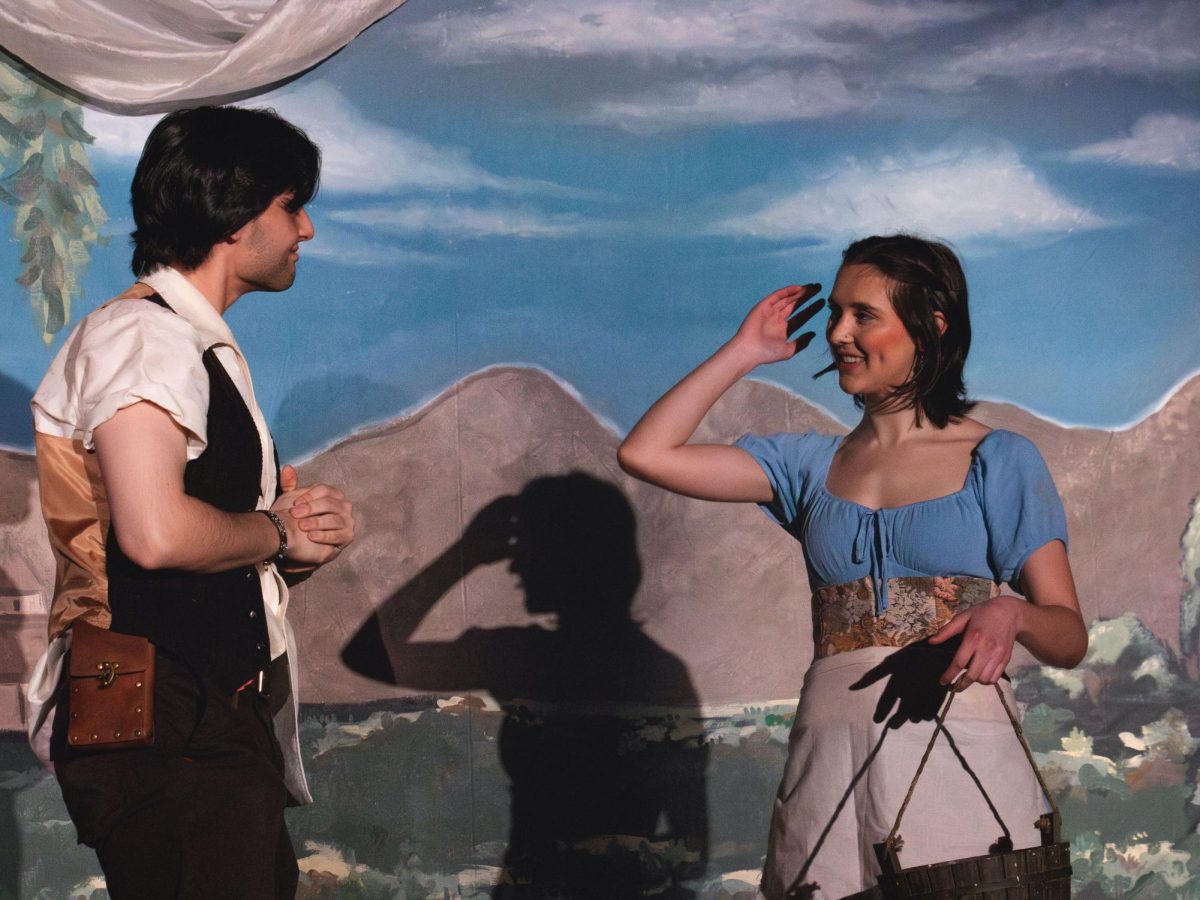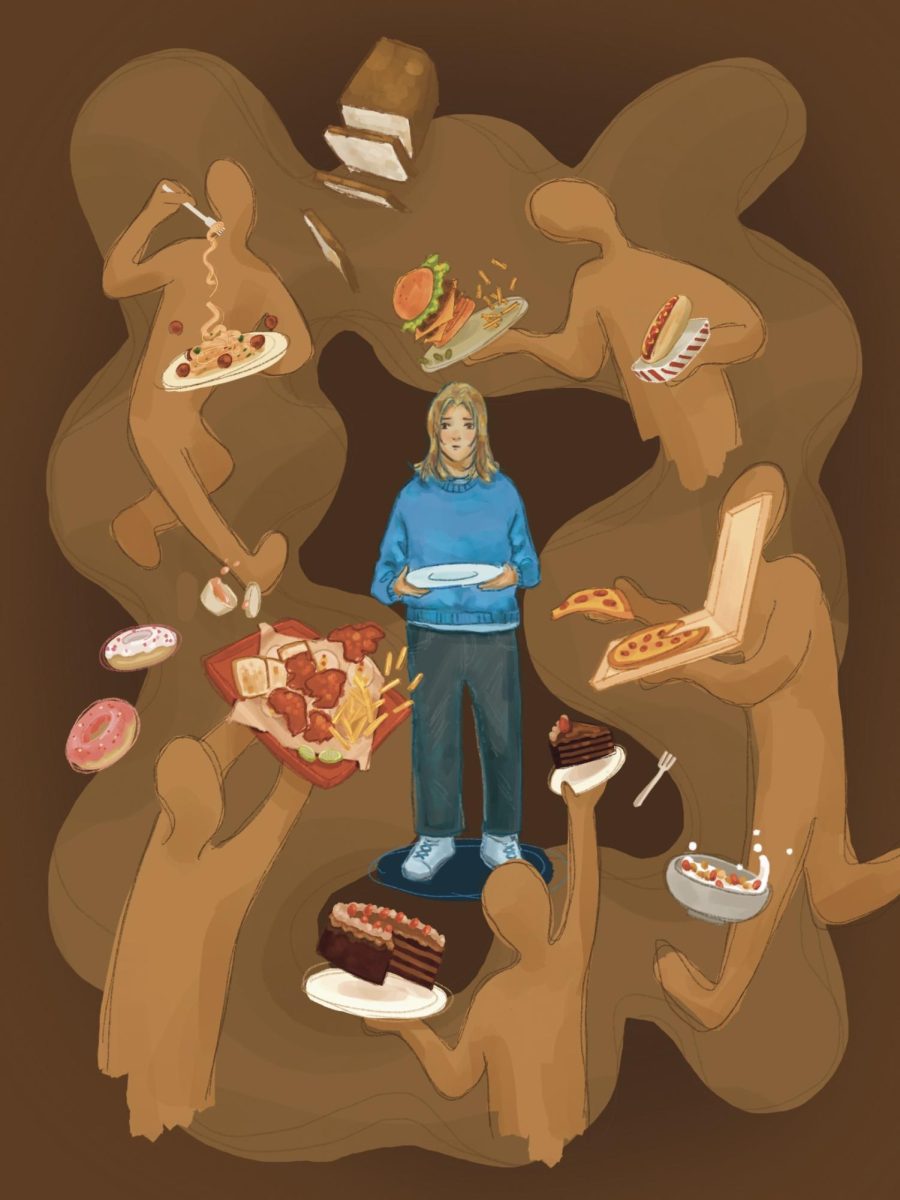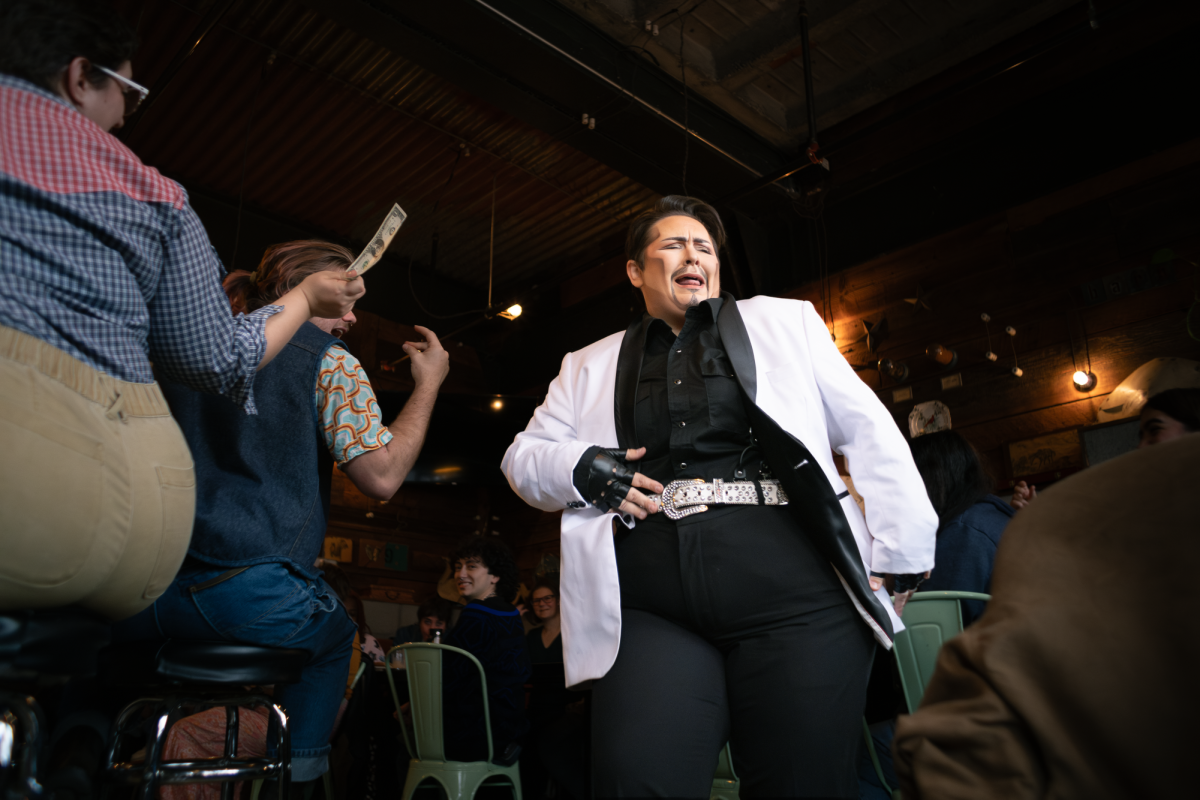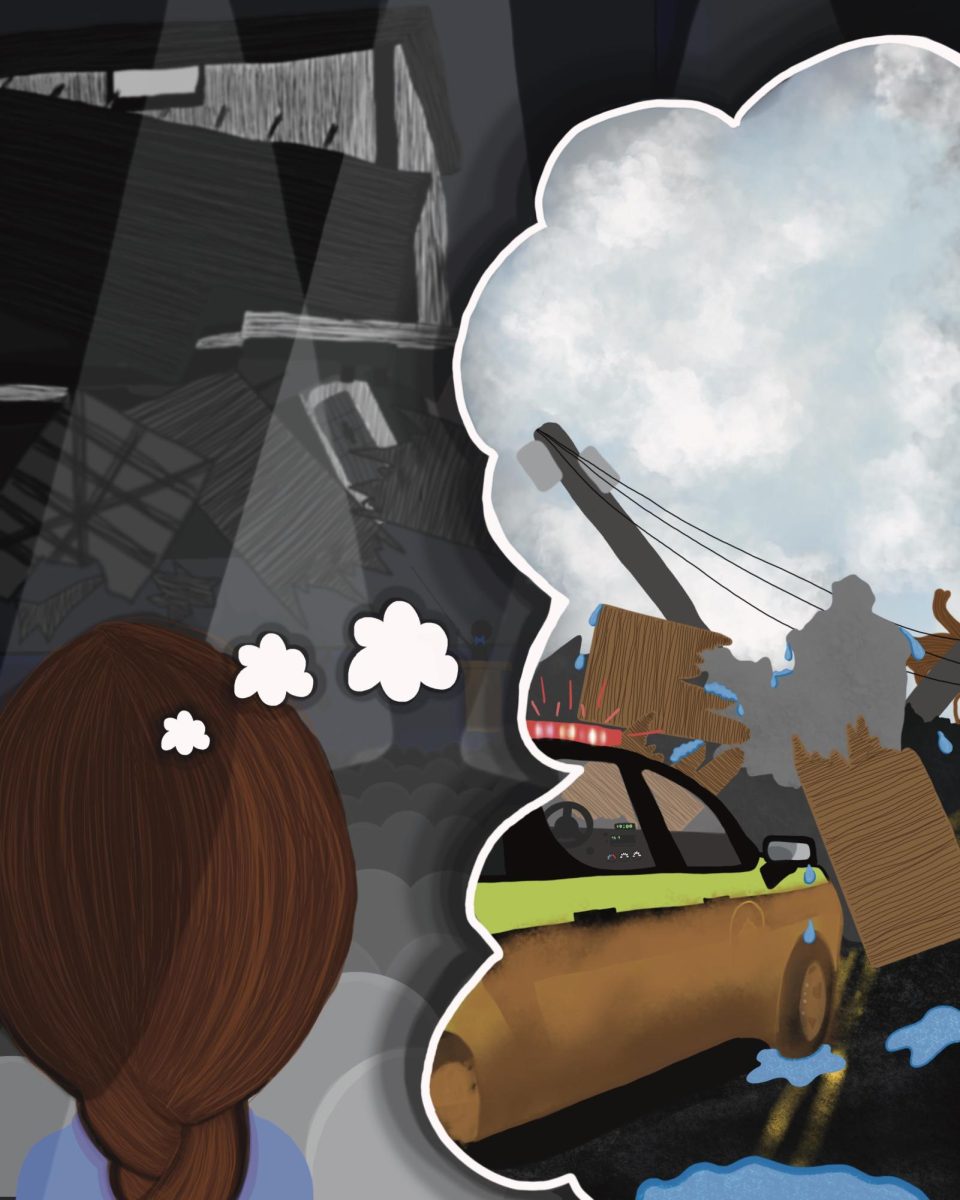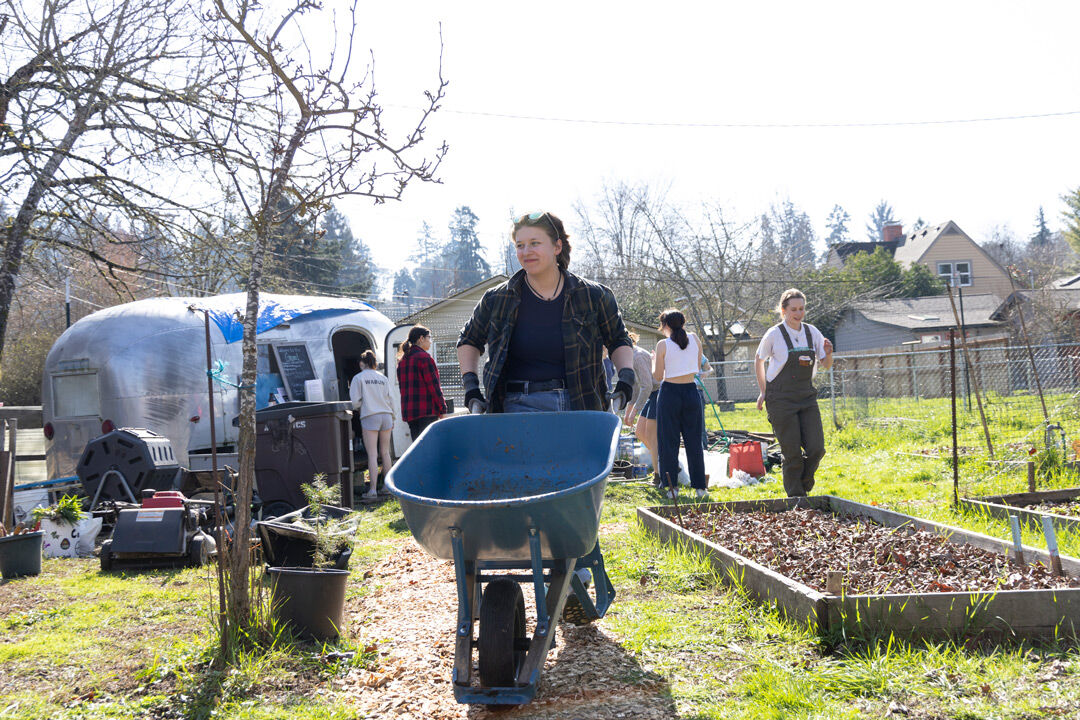Karess Anne Slaughter enters the stage to the song I’m Good At Being Bad by TLC. She struts to a slow-paced introduction, singing, “Sunny days, birds singin’ sweet soundin’ songs of love.” The beat drops and the tempo picks up. The mood of the song switches with Slaughter performing to the words, “Now don’t get me wrong cause I’m not a ho, but I know what I got you can’t handle though.”
She sways her sculpted hips, wearing a high waisted full bodysuit with a keyhole neckline. She flips around her long red hair and jangles the bangles on her wrists. The spotlight shines bright on Slaughter’s Black skin and she sweats more than she usually does during a performance. Slaughter’s outfit has one finishing touch, but it’s not for looks. She wears a face shield to protect her from COVID-19.
This was Slaughter’s first show in five months.
Drag shows provide a safe space for those in the queer community to celebrate one another. Not only is drag a form of self-expression but it also provides a source of income. For some, drag is a full-time job. COVID-19 has caused financial and emotional issues for drag queens as they’ve been robbed of this extra income and space for self-expression. During the pandemic, drag queens have been finding new ways to pursue their passion while remaining socially distant.
Karess Anne Slaughter
Karess Anne Slaughter, or Cornel Hardiman, says drag is a release of his negative energy. He has been doing drag for 25 years.
After two decades, Hardiman has secured a name for himself in the Eugene drag scene. Before COVID-19, he would typically do shows at around six different venues in a month. This included a drag brunch with Nicole Serenity Storm, a fellow drag queen in Eugene, that took place in Cottage Grove every fourth Sunday. Hardiman is part of a group called the Glamazons that performs at venues such as Cowfish, a club, and Spectrum, an LGBTQIA+ venue in Eugene. He has hosted Bingo and lip sync battles among other events.
However, once COVID-19 hit, Hardiman was no longer performing regularly. While other queens have taken to Facebook Live and YouTube to perform shows online or produce lip sync videos, Hardiman has not produced any online content. He says that with the pandemic and with his involvement in local Black Lives Matter protests, it is hard for him to muster the energy to perform online. He says he is also afraid to do online content because so much of his energy comes from the crowd when he performs. Hardiman fears he will not be authentically himself.
“It’s really hard when you’ve been doing something for so long and the rug gets pulled up from underneath you,” he says. “And you’re just like, what do I do now?”
This has taken an emotional and financial toll on him. Hardiman works at a grocery store, which he says helps him keep his head above water. But the loss of the extra income from drag has made things more difficult than usual.
“When I was doing drag, it was nice because I was very comfortable with being able to pay my bills and not worry about this and not worry about that,” Hardiman says.
Although Hardiman was initially hesitant about performing, he says he is beginning to become a bit stir crazy. That is why, with a push from his boyfriend, he decided to perform at the Southside Speakeasy in Salem at the end of July. While Hardiman says doing the show was a nice stress reliever, he says it was also a very weird experience. He says the show was socially distanced and the crowd was all wearing masks. He says leaving the bar at 10 p.m. was a strange experience as he had never left that early before the pandemic.
Hardiman has no plans on ending his drag career anytime soon, pandemic or not. He is ready to get back to doing drag again whether it is online or in a socially distanced show.
“It’s time for Karess to be able to show her face again,” Hardiman says.
Nicole Serenity Storm
In an Instagram post, Nicole Serenity Storm shows off her skills while performing a lip sync video to the song “Kings & Queens,” by Ava Max. The video begins with her standing in front of a black curtain with a blue light shining on her face and wind blowing through her light blue wig. Storm’s neck is decorated with a chunky gold necklace. She wears a glitter black tube top with matching arm warmers.
In the video, Storm goes through two outfit changes and ends up in a dramatic white dress with one ruffle sleeve. When Ava Max sings, “Pop champagne and raise a toast,” Storm pops a champagne bottle filled with confetti. She puts her arms up as the confetti falls all over her and she grins at the camera.
The video looks professional because of the colored lights and black background. But Storm filmed the video in her living room. Her hair was being blown by the air conditioning system in her home.
Nicole Serenity Storm, or Mark Harbaugh, has been doing drag for seven years. Before COVID-19 hit, Harbaugh was performing at bars every weekend. He is the youngest member of The Glamazons and was performing at Cowfish and Spectrum alongside Slaughter. He was co-hosting the drag brunch with Slaughter in Cottage Grove.
Due to COVID-19, he says everything stopped pretty quickly. Harbaugh says he was lucky that drag was not his primary source of income. He works as a veterinary technician and is currently a pre-nursing student at Lane Community College.
Harbaugh says there have been lots of online shows, but that everything took a while to pop up because everyone was unsure of how long the shutdown would last. Harbaugh made an appearance on a few virtual shows and took part in online interviews as well, but decided not to put on shows of his own.
Although stopping drag was hard, he says he used the time to learn new skills and let his “face breathe” by not wearing makeup.
“When everything had first hit, I decided to make a decision that I wasn’t going to be sad about it. I mentally decided, this is sad and I’m going to miss everybody, and I’ll pray really hard, but I’m going to use this time to take a break kind of rekindle my fire,” Harbaugh says.
Bonnie Rose
The video opens with Bonnie Rose sitting in a bathtub covered in bubbles and a red light shining on their face. Rose, who uses they/them pronouns, has red voluminous hair. They have on large dramatic lashes and a white heart highlight on the tip of their nose. Before the music starts, they say, “Wash your hands for 20 seconds.” Then Rose begins to lip sync to “Bathroom Bitch” by HOLYCHILD. The scenes switch back and forth as Rose passionately sings to the song. The video is titled “BATHROOM BITCH (digital drag).”
Bonnie Rose, who asked that their legal name not be used for privacy reasons, started doing drag two years ago. Prior to COVID-19, they spent every weekend at Spectrum, either performing or supporting their friends. They were doing a lip sync extravaganza at Spectrum and hosting their own show every other month. However, after COVID-19, they took their work online.
Rose did one show over Zoom with the Farce Family, Eugene’s queer performance collective, which showed them hanging out and drinking near the beginning of the pandemic. They also hosted a Cats viewing party where they dressed up like one of the characters and asked different trivia questions. Aside from virtual shows, they have been producing lip sync videos. On top of working a full-time job during a pandemic, it has been tough for Rose to navigate online events, which are very different from usual shows.
Rose says that it’s harder to make money with online shows. It can be hard to convince someone to pay five dollars to stare at a screen, so they need to find ways to get audience members to pay for a Zoom call.
There are already a lot of layers and steps necessary for a performer regardless of a pandemic. Rose says this includes figuring out what their strongest skills are, what type of performer they are, creating an aesthetic, marketing and now there is a new challenge: creating online content.
While producing online content has been an obstacle, they say the hardest part has been the absence of a communal space for queer individuals.
“I just want everyone to have fun and I want everyone to have a good time and feel connected,” Rose says. “It’s so strange being disconnected because so much of what I love is just being in that room with everyone and having those moments together. And so, losing that, it just loses a lot of sparkle.”
Without the community, Rose says performing feels like yelling into the void. They say that the community is the most important aspect of drag for them. They want to put out content and entertain people in any way they can, but posting a picture is not as gratifying as performing.
The queer community in Eugene is like family to Rose. They say it is hard going from seeing these people once a week to only texting every once in a while.
“Drag is my family. I did not know family or community or what this space meant until I found this community” Rose says. “It feels like there’s just a little part of my heart that’s missing and I know it’s there and I know we’ll get back to it.”
Maliena Bitchcock
Maliena Bitchcock begins getting ready at 11 am She starts by shaving her face, creating a nice clean surface for her makeup. She takes her Elmer’s purple glue stick and glues down her eyebrows with seven or eight layers, then dusts her eyebrows with face powder and lets it dry until she gets a smooth finish. Bitchcock draws thin eyebrows at the center of her forehead.
After applying her makeup, she puts on one of her 52 wigs. She blends the wig in with her makeup and by the time she is done it is almost 4 p.m. She slips on her outfit and sits in front of the sparkly blue fabric hanging behind her. The camera turns on and she smiles.
“Hello boys and girls! Welcome to Bitchtalk with Bitchcock,” Bitchcock says.
Maliena Bitchcock has completed this process 50 times from April to July for her online talk show, “Bitchtalk with Bitchcock.”
Maliena Bitchcock, or Jammie Roberts, has been doing drag for 15 years. Roberts, who uses they/them pronouns, started their career in Medford, Oregon and moved to Eugene two years ago. They got laid off from their job in October 2019 and decided to turn drag into their full-time job. Roberts says they were looking forward to what 2020 had to offer. Things didn’t go as planned.
“I felt like 2020 was going to be my year. Well wasn’t I freaking wrong. I had a lot planned for 2020 honestly so much went down the drain. I had six months of shows planned,” Roberts says. “Then in two days, they were canceled.”
When COVID-19 hit, Roberts decided to create “Bitchtalk with Bitchcock.” Season one of the show, which ended in late July, broadcast two to three times a week. “Bitchtalk” focuses on performers in small towns who Roberts says are “kicking it at home and still kicking ass.” Each episode features a new performer including drag queens, drag kings, transgender performers and assigned female at birth performers.
Roberts says that once they decided to put together the show, many people were asking to get involved. Roberts had older queens who did drag in the 60s and 70s on the show. They also included teenagers who were transitioning between genders and wanted to discuss their experience.
Roberts has put a lot of time into their talk show, but they say they do not make as much money with the show as they did doing drag shows. Usually during drag shows, they say they can count on tips for extra income. However, they say due to the economic effects COVID-19, audiences now do not have as much money to tip performers. But they do not do their show for the money.
“The thing that keeps me going is knowing what a beautiful platform it is and what it’s doing for people,” Roberts says. “I’ve had so many of the local girls tell me how much they love having a platform to finally speak their voices.”
Slaughter performs at the “March for Black Trans Lives” event in Eugene, Oregon on August 8. She says she performs at events like these as a way to give back and support her queer and Black communities.


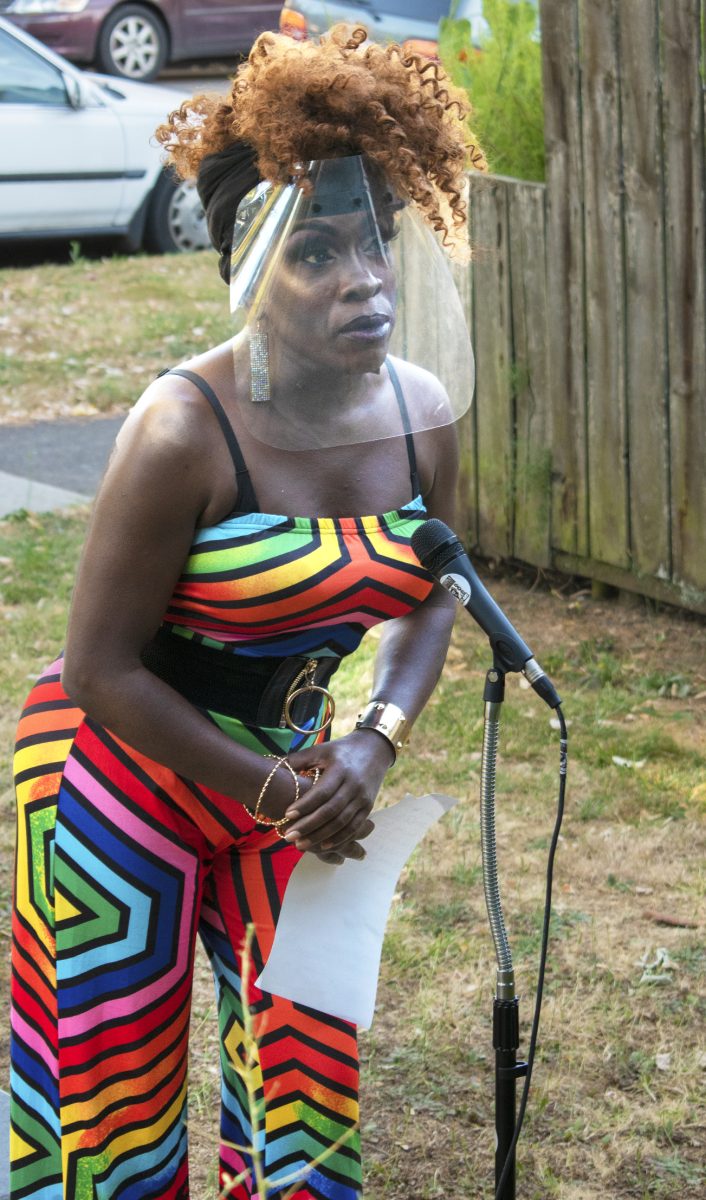

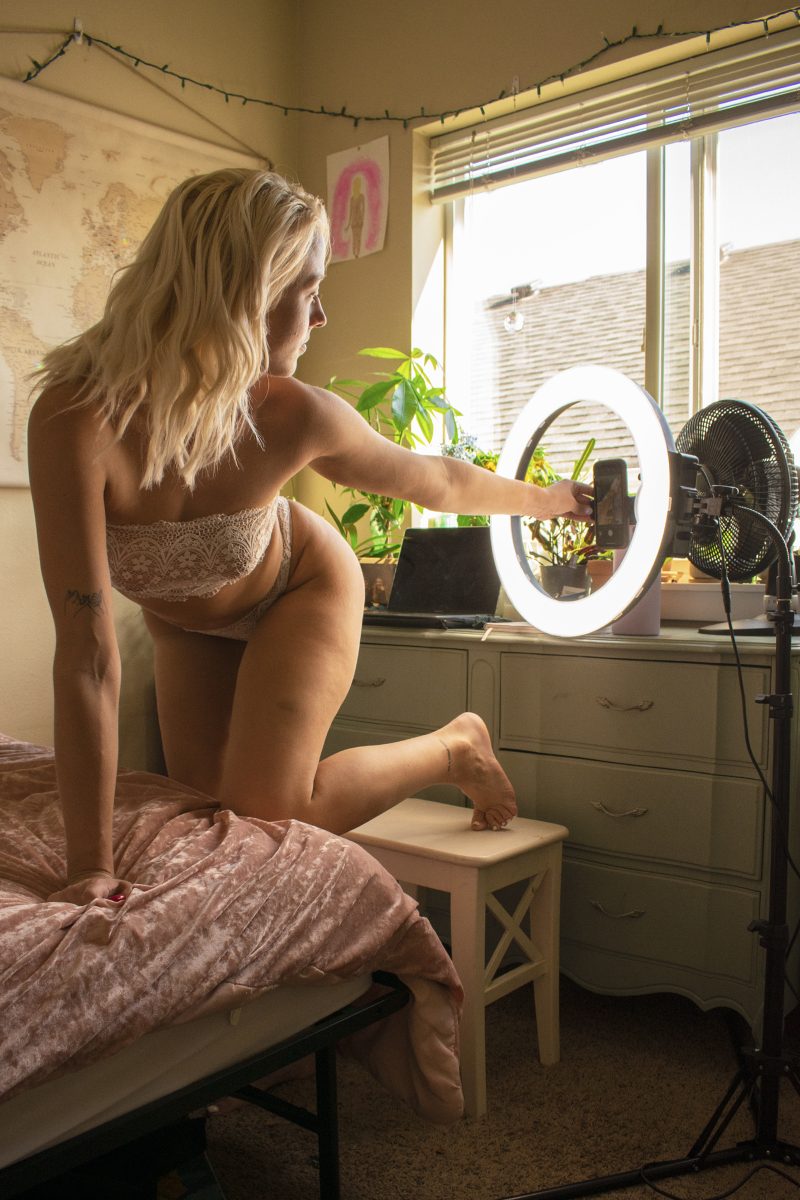
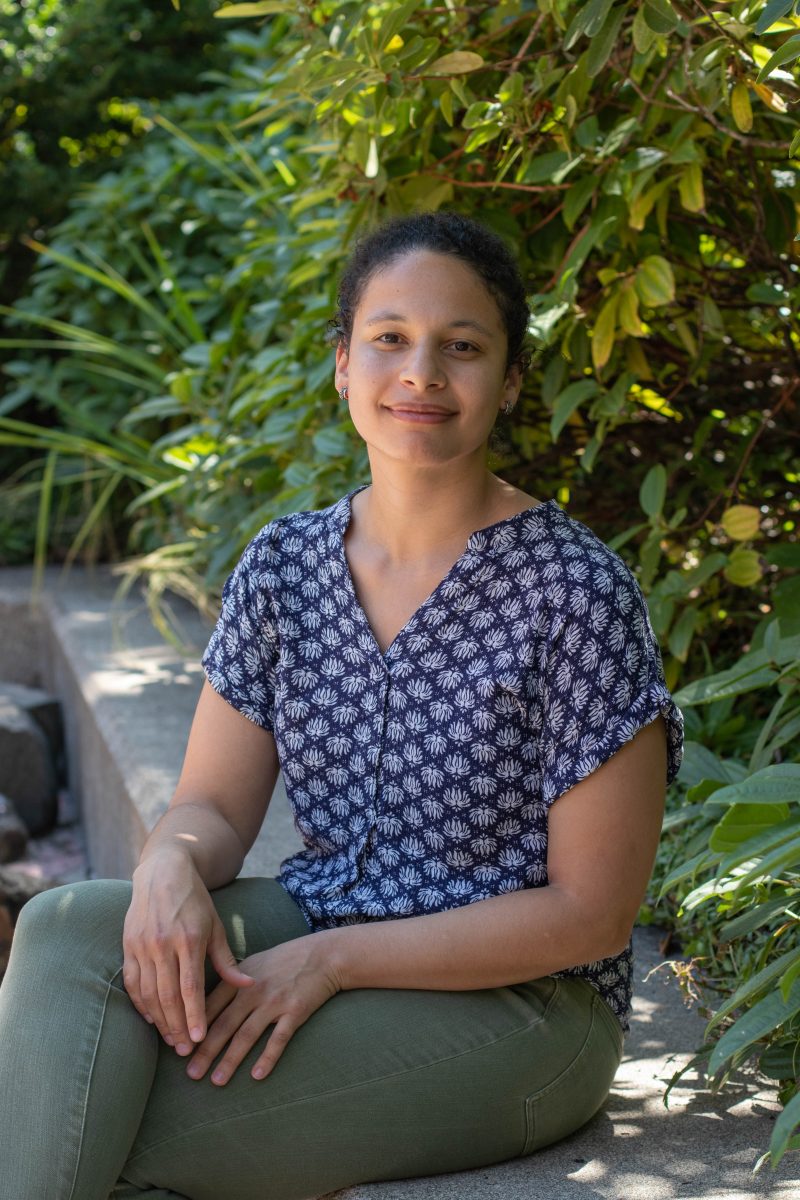
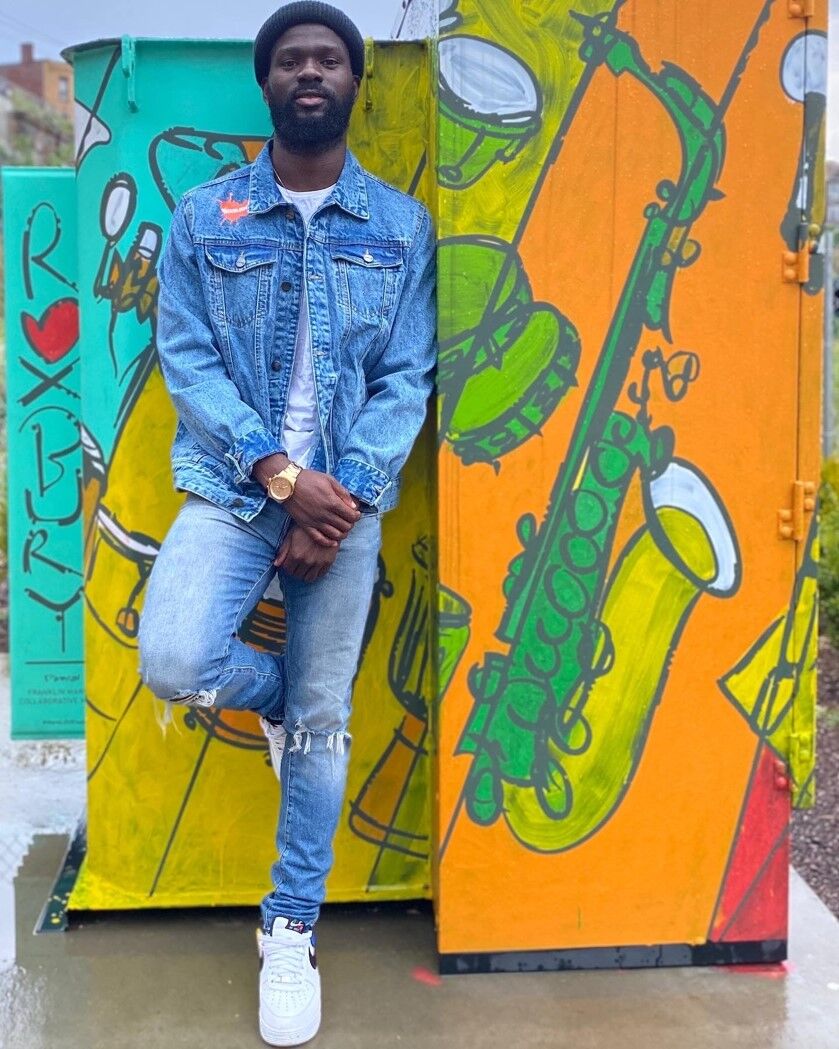
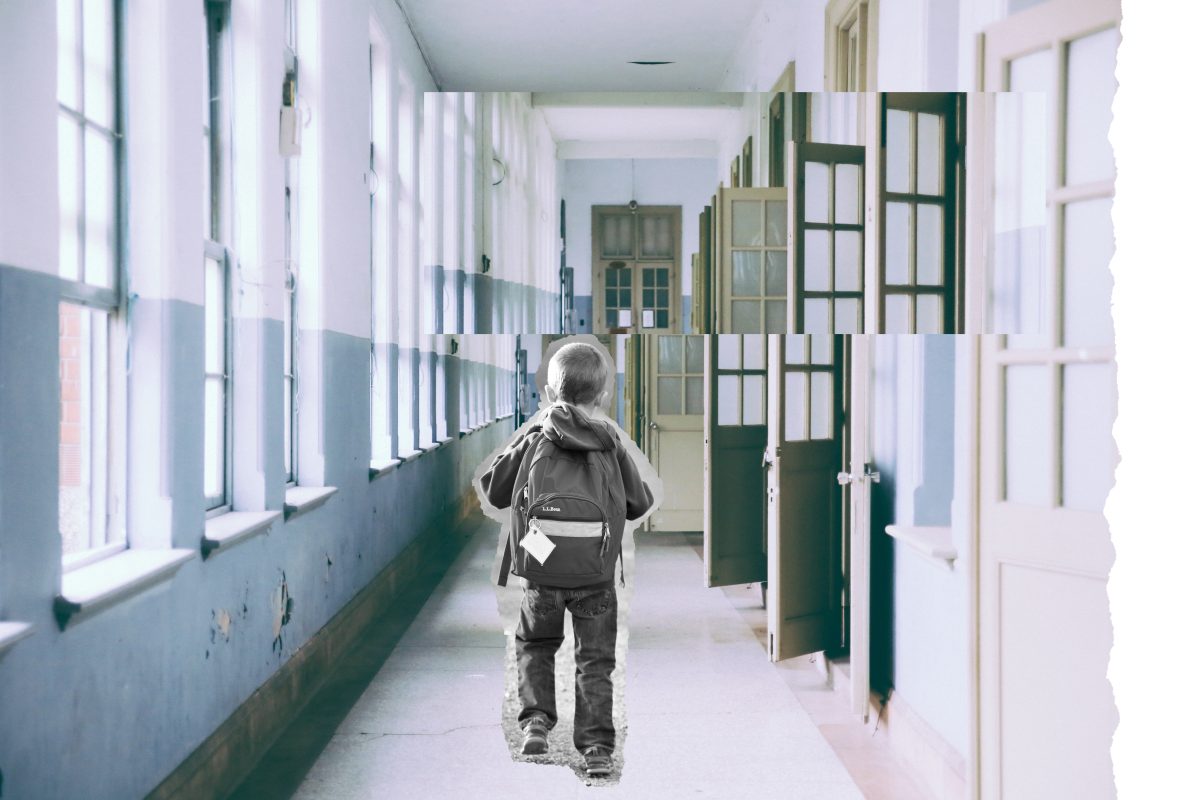
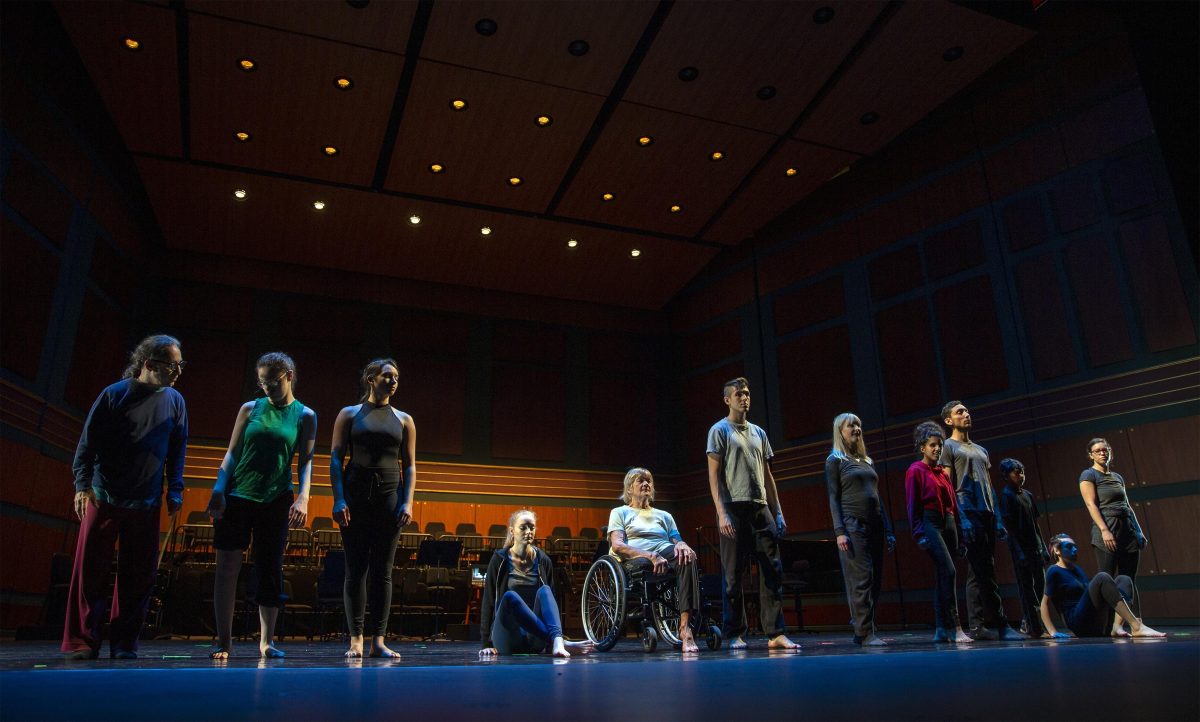
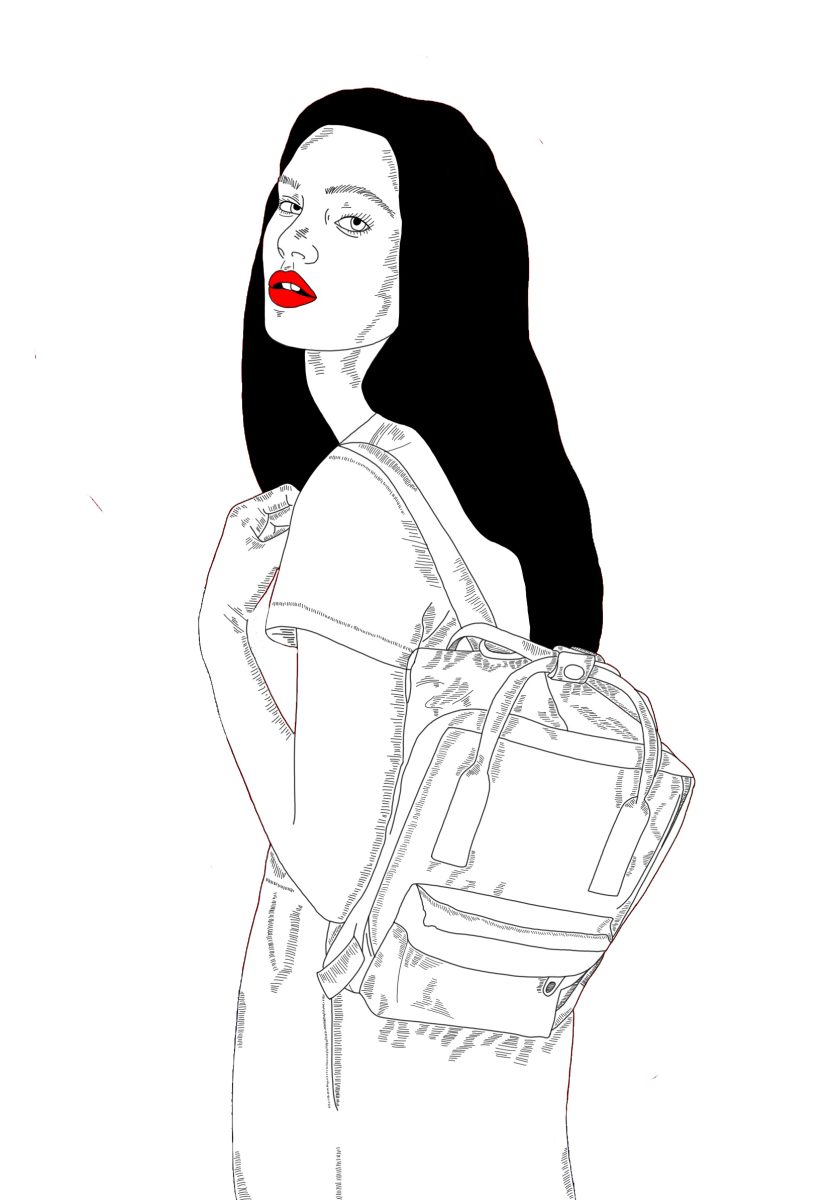


![[Photo Courtesy of the Lara Family]
Ruben embraces his beloved childhood goat, Katrina.](https://ethos.dailyemerald.com/wp-content/uploads/2025/05/katrina-1-1060x1200.jpg)



